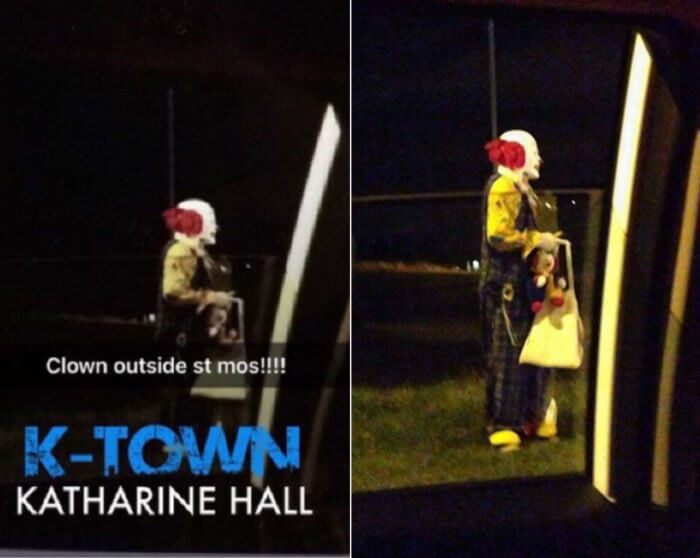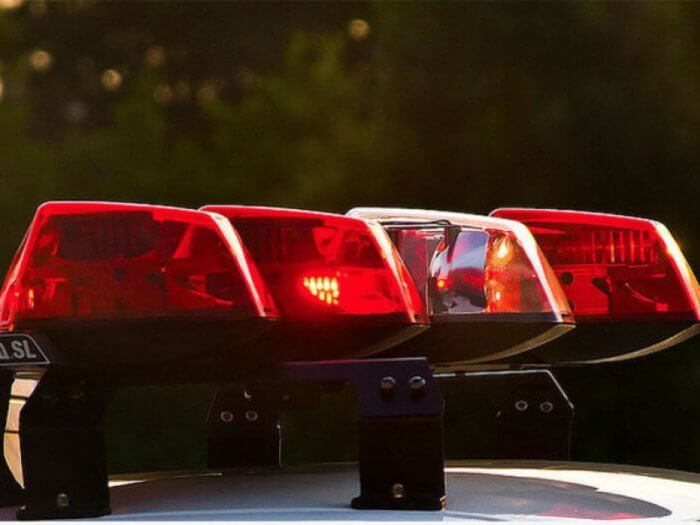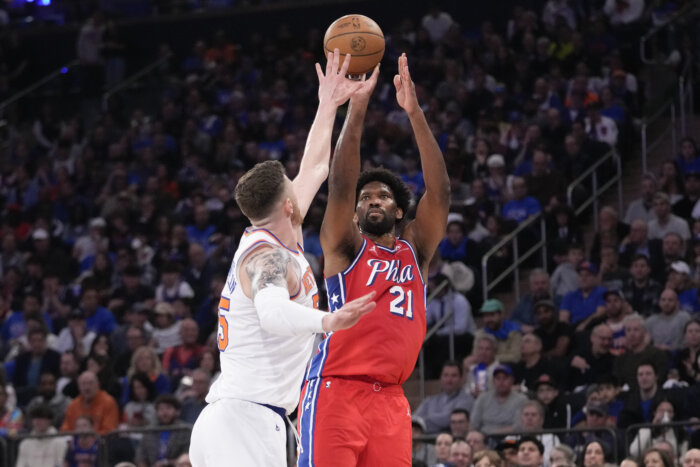Don’t be surprised to see transit cops alerting passengers they’re being audio and video-recorded —it’s a new body-camera program now in effect for all of Philadelphia.
After a six-month pilot test of thedepartment-wide program, SEPTA police announced Friday morning that the rollout of the new camera program would become permanent, with body cameras for all 289 SEPTA transit officers. RELATED: SEPTA suspends driver after video of altercation with passenger surfaces
During a press conference from SEPTA’s Market Street headquarters Friday, police showed body camera footage of suspects being apprehended and causing harm to themselves — beating their heads against the hoods of cruisers and spitting in cops’ faces — evidence police say will be useful in court and during prosecutions. “The benefit of the cameras spans a wide spectrum,” said SEPTA Police Chief Thomas Nestel III.
“We’re going to be ensuring the constitutional rights are guaranteed and that professionalism and respect is delivered to the public, but we’re also going to be protecting officers from false complaints and retaliatory actions by persons that have been arrested.” Footage aired from body cameras during the press conference also showed suspects fleeing from police and even punching a police officer. Nestel said images like these caught on camera will be invaluable in a court of law. RELATED: SEPTA: Smart card system coming in April 2016 “[The public] will have more trust in us, and feel there are additional checks and balances,” he said.
“These cameras will also greatly aid with our investigative efforts by providing audio and visual evidence of officers’ interactions with the public and response to calls.”
Rules are in place for officers when they turn the cameras on. They’ll have to notify the person being targeted that they are being filmed and audio recorded, and officers will not record during breaks, while writing reports and performing administrative duties, or while having general, non-work related conversations. In total, Nestel said SEPTA tried out 10 different models during the test period and settled on the Digital Ally First VU body-worn cameras, at a cost of $400,000.
“This is going to be very good for the public and for the police,” he said.
“Cameras are going to make good cops great cops, and make the rest of them follow the rules.”
SEPTA cops don body cameras

Charles Mostoller































